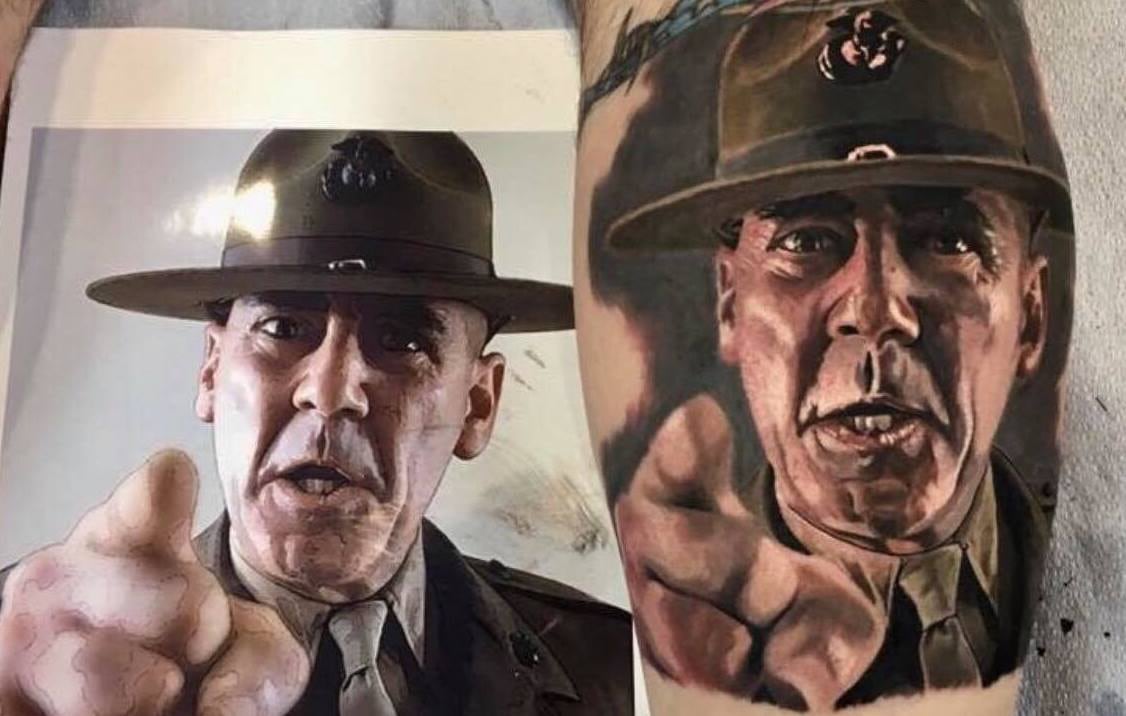Congress wants to know if tattoos and piercings are keeping too many potential recruits out of the military.
On Wednesday, during debate over the annual defense authorization bill draft, members of the House Armed Services Committee unanimously approved language which would mandate a new report on whether “tattoos and body modification for potential enlistees have become a deterrent to meeting recruitment goals.”
The research, which would be due in March 2022, would include “the exact number of potential enlistees per year that are denied access to the military due to tattoos and body modifications” and comparison of military rules to private-sector policies.
RELATED

The measure passed without opposition. It still has to survive negotiations with the Senate later this year before it becomes law.
But the move recognizes “changing cultural norms and emerging demographics” of the country, and the challenges that presents to recruiters, according to committee members.
A 2015 Harris poll found that about half of millennials (born between 1980 and 1995) have at least one tattoo, and at least a third of all Americans have gotten one.
Rules regarding tattoos or piercings vary from service to service, but most prohibit offensive imagery or tattoos on the face, upper neck and hands.
Military officials have noted in recent years that recruiting has gotten more progressively difficult. Defense Department studies have shown that up to 70 percent of Americans between 17 and 24 are ineligible for military service due to obesity, mental-health issues, past drug use, or insufficient education.
RELATED

Pentagon officials have also pushed to expand their pool of recruits from non-traditional sources as they try to attract individuals with high-tech skills for cyber operations.
The committee’s language also asks the military to consider “the benefits of offering tattoo removal as an incentive to meet recruitment goals.”
The provision is one of hundreds of policy issues — including a 2.7 percent pay raise for troops — in the annual authorization bill draft, which is expected to come up for a full House chamber vote in the next few weeks.
Leo covers Congress, Veterans Affairs and the White House for Military Times. He has covered Washington, D.C. since 2004, focusing on military personnel and veterans policies. His work has earned numerous honors, including a 2009 Polk award, a 2010 National Headliner Award, the IAVA Leadership in Journalism award and the VFW News Media award.





